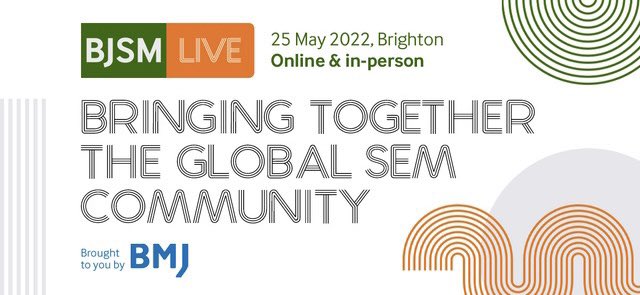Animal welfare is experienced at the individual level yet so many studies/decisions are based on group averages (means). This is something we need to improve on in #animalwelfare #science. Can learn a lot from human health/psych counterparts using group-based trajectories.
From the individual to the population – and back again? Emphasising the role of the individual in animal welfare science #yawscience #animals sciencedirect.com/science/articl…
Animal Welfare at the Group Level: More Than the Sum of Individual Welfare? @UtrechtUni #science #yawscience link.springer.com/article/10.100…
Assessing synchrony in groups: Are you measuring what you think you are measuring? Love everything that @asherblab @LisaMCollins80 research and publish #behaviourinformatics #animalwelfare #science #womeninstem sciencedirect.com/science/articl…
• • •
Missing some Tweet in this thread? You can try to
force a refresh









